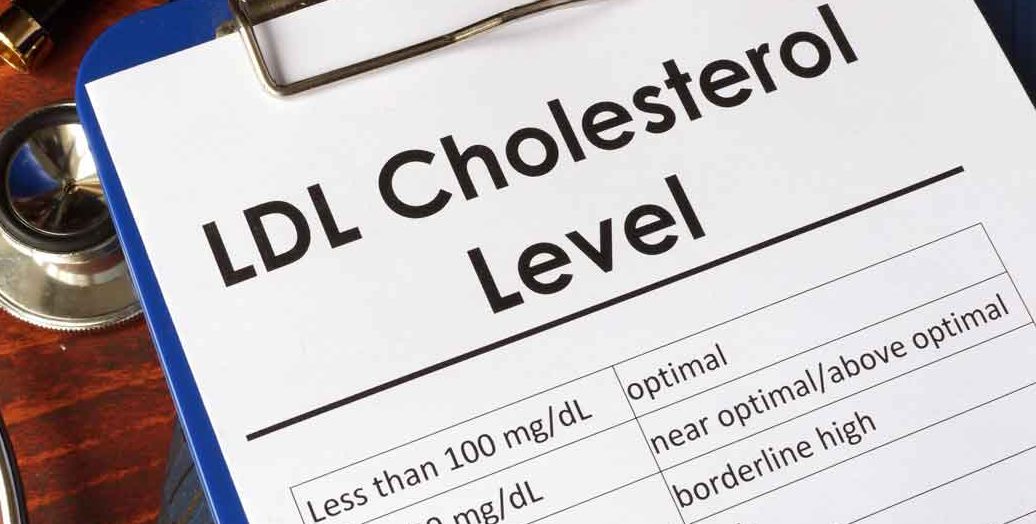Symptoms of High Cholesterol

Are you worried about symptoms of high cholesterol? You’ll need a blood test to know for sure if you have signs of high cholesterol. Here’s what you need to know.
Are there symptoms of high cholesterol?
Only a blood test, called a lipid profile, can tell you if your cholesterol levels are worrisome. Because there are no obvious symptoms of high cholesterol, if you don’t get tested, you may be increasing your risk of a heart attack or stroke without knowing it.
Most people check their cholesterol levels every four to six years. If you have high blood pressure, smoke, or are overweight, your doctor may suggest more frequent tests.
YOU MIGHT ALSO LIKE: How to Increase HDL (Good) Cholesterol
HDL vs. LDL
Cholesterol is a soft, waxy substance found in every cell in your body that helps you function. The problem is that it can build up inside your heart arteries and cause disease. You may have heard of three numbers: “total cholesterol,” “HDL,” and “LDL.”
HDL cholesterol is on its way out of your body, to the liver, where much of it is excreted. So, you’ll sometimes hear that HDL is the “good” cholesterol.
More than normal LDL cholesterol has been linked to a greater chance of heart disease, while more-than-normal HDL cholesterol is linked with a lower risk.
Statin drugs like Zocor and Lipitor lower LDL cholesterol and help prevent heart attacks.
How to tell if you have high cholesterol
There are two common ways to evaluate a lipid profile. You could divide your HDL number into your total cholesterol number. An optimal ratio is less than 3.5 to 1. A higher ratio means a higher risk of heart disease.
Many doctors prefer a different number, “non-HDL cholesterol.” With that approach, you subtract your HDL number from your total cholesterol number. An optimal number is less than 130 milligrams per deciliter (mg/dL), or 3.37 millimoles per liter (mmol/L). Higher numbers mean a higher risk of heart disease.
Updated:
August 03, 2023
Reviewed By:
Janet O’Dell, RN